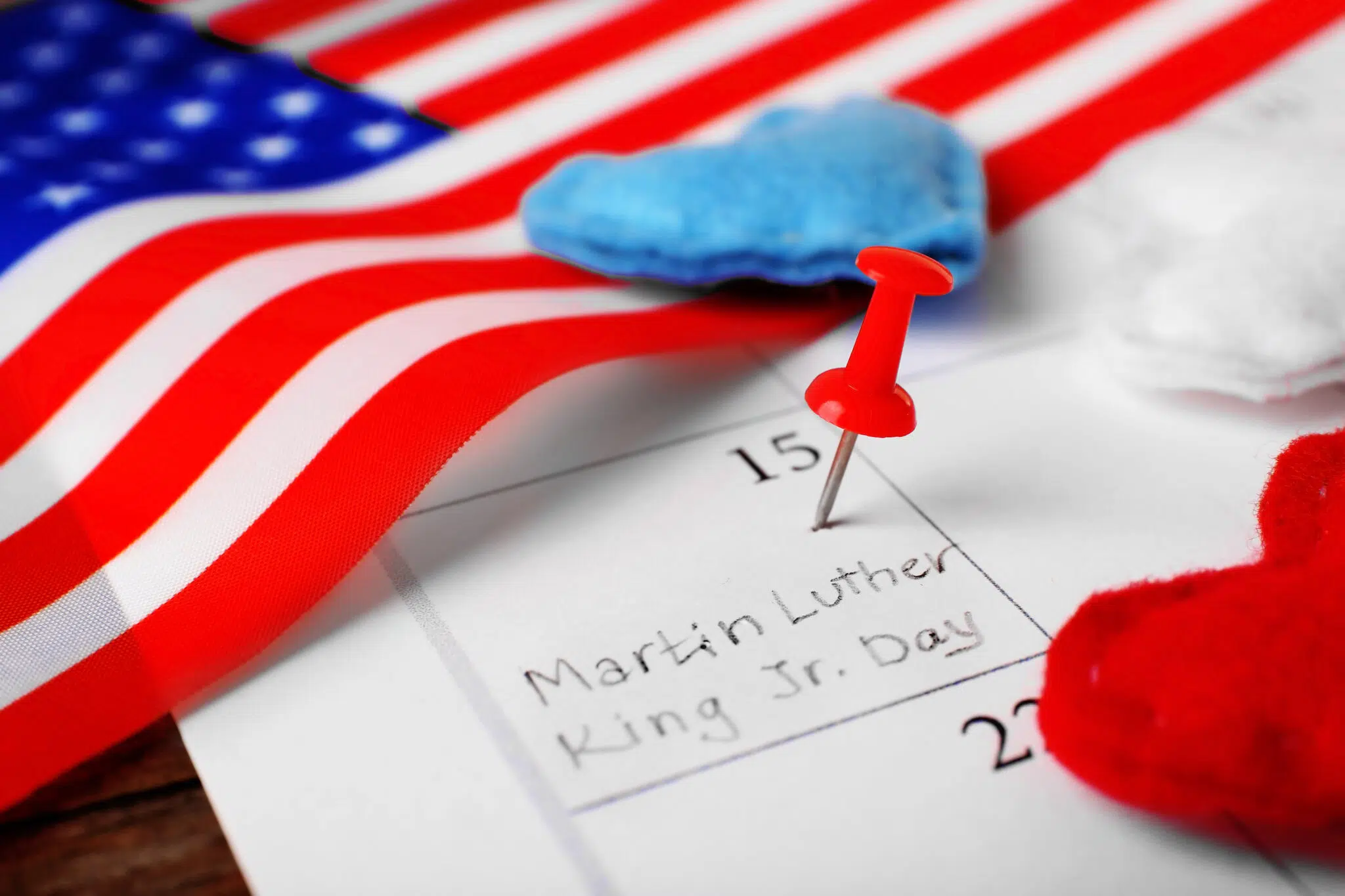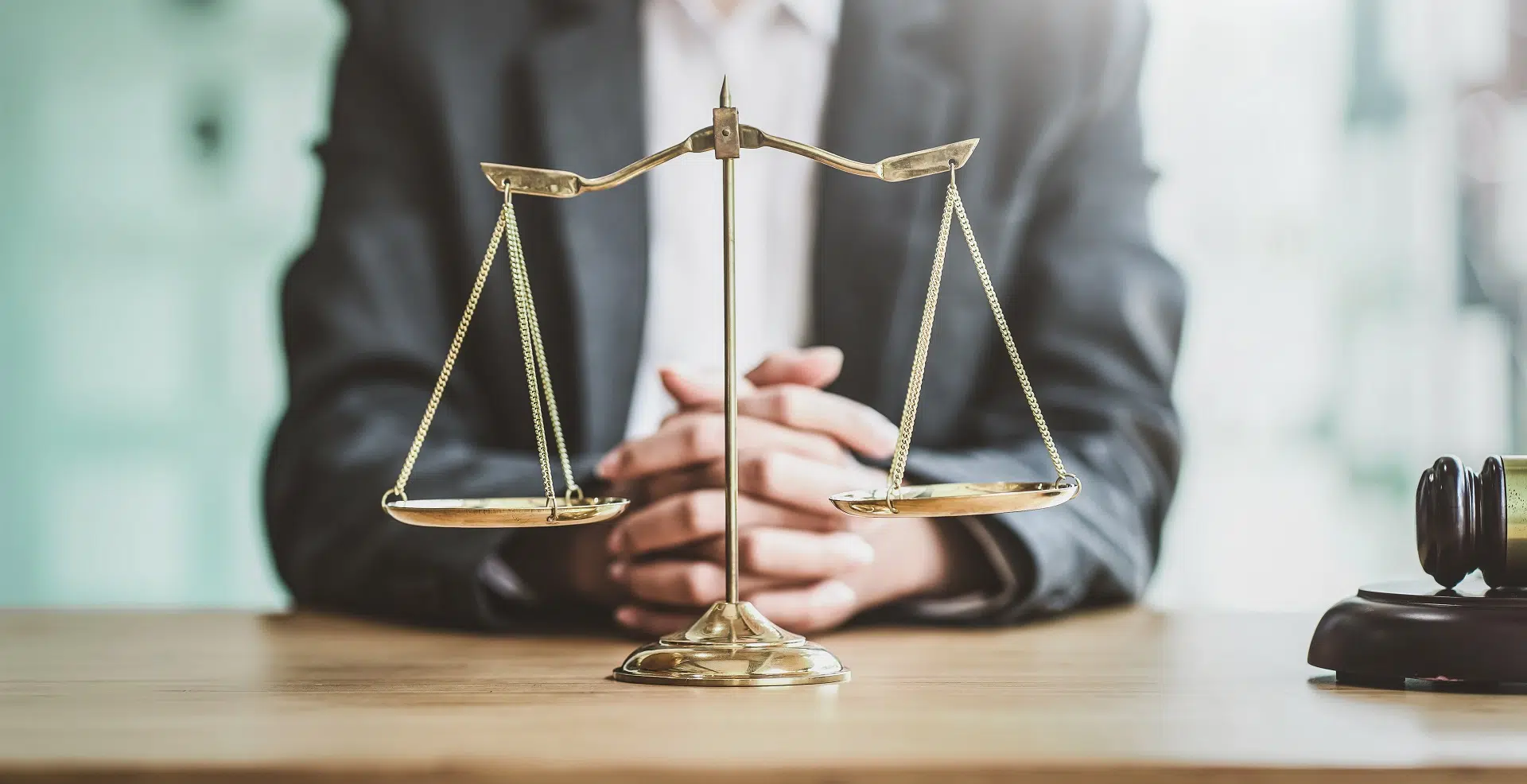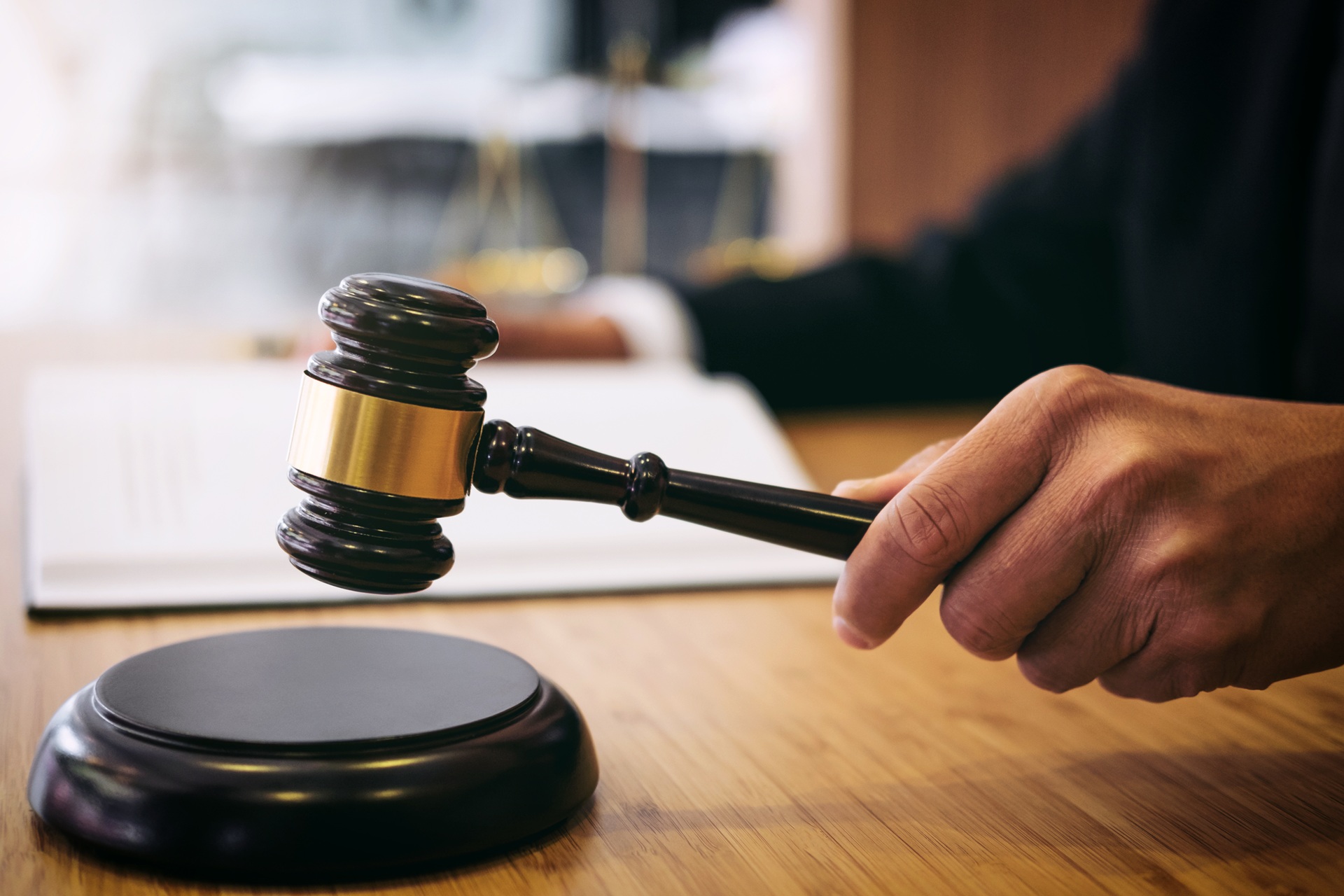A Comprehensive Guide: Navigating No Contact Orders in Seattle
Arguments between spouses, dating partners, and close relatives are common and natural. Every relationship experiences conflict at some point, whether it be a minor disagreement or a profound difference of opinion that takes both parties several days to resolve. Although most arguments work themselves out with time, effort, and cooperation, some incidents escalate to the point of physical harm, verbal threats, or other forms of intimidation. Despite a growing awareness of the prevalence of domestic violence throughout the country (which was especially acute in the early months of the COVID-19 pandemic, when couples were trapped at home together for extended periods of time), incidents of domestic violence continue to happen with relative frequency. According to the Centers for Disease Control and Prevention (CDC), “About 41 percent of women and 26 percent of men experienced contact sexual violence, physical violence, and/or stalking by an intimate partner and reported an intimate partner violence-related impact during their lifetime.” Surviving domestic violence is associated with numerous adverse outcomes, including post-traumatic stress disorder (PTSD) symptoms, anxiety, depression, low self-worth, financial stress, difficulty holding down a job, as well as many other detrimental effects.
As isolated and fearful as you may feel in your current situation, it’s essential to recognize that you have options for leaving an abusive relationship and moving forward into a brighter and more stable future. For instance, enlisting the guidance of a seasoned Seattle domestic violence attorney can help you understand the legal protections available to you, such as a civil protection order. It’s also important to recognize the differences between No Contact Orders (which are associated with criminal cases) and civil protection orders so you can determine the most strategic path forward. This post will explore the core differences between No Contact Orders the and civil protection orders in Washington state to help you make informed decisions with greater certainty and confidence. Although the Hemmat Law Group handles civil protection order cases only, we recognize these distinctions can be confusing and we want to help you understand the differences between the two.
What is a No Contact Order for Domestic Violence?
You may have heard of a No Contact Order before, but even if you are unfamiliar with the term, the name is fairly self-explanatory. Essentially, a No Contact Order forbids an abuser from attempting to contact or interact with the alleged victim in any way. Once the No Contact Order is in place, the defendant (the person against whom the order is being issued) cannot come near the victim or call, text, email, or otherwise attempt to contact the victim. Here are several things you should know about domestic violence No Contact Orders in the Seattle area.
No Contact Orders Typically Accompany Criminal Charges
When someone is arrested for a domestic violence-related offense in King County, the criminal court may decide to issue a No Contact Order to keep the defendant from subjecting others to repeated acts of violence or domestic abuse. Under RCW 10.99.040, a judge may find it necessary and warranted to issue a No Contact Order when the defendant is arrested or charged with a criminal offense related to domestic violence.

No Contact Orders Forbid the Defendant From Contacting the Victim
As the criminal court examines the circumstances of the defendant’s domestic violence case, the judge may find that issuing a No Contact Order serves the best interests and protects the safety of the victims. Once the No Contact Order takes effect, the defendant is legally prohibited from making any attempt to contact the victim or the victim’s family or household members, either directly, indirectly, or through a third party. Moreover, a No Contact Order may exclude the defendant from a shared residence with the alleged victim and prevent the defendant from showing up at the victim’s place of employment, school, or childcare center.
Penalties for Violating a No Contact Order
Once the criminal court has issued a No Contact Order against you, you must abide by all of its terms. Violating the terms of a No Contact Order in Washington state can trigger significant penalties. Most violations of No Contact Orders are considered gross misdemeanor offenses, punishable by up to one year in jail, a fine of up to $5,000, or both. However, some No Contact Order violations, such as those involving an act of reckless endangerment or assault, can be considered Class C felony offenses (which are punishable by up to five years in prison, a fine of up to $10,000, or both).
When Can a No Contact Order be Lifted?
No Contact Orders usually remain in effect for one year. These orders will be terminated if the charges against the defendant are dropped or if the defendant is acquitted of the domestic violence charges. It’s also possible for victims to request a hearing to change or terminate an existing No Contact Order. However, it’s essential to observe and respect all of the terms in the No Contact Order until the court notifies you that the order is no longer in effect. Even if the alleged victim attempts to contact you while the order is in place, do not respond in any way to avoid the serious penalties that could be imposed for violating the terms of the No Contact Order.

Civil Protection Orders in Washington State
No Contact Orders are just one type of legal protection that aims to keep victims safe from recurring acts of domestic violence at the hands of a spouse, dating partner, family member, or cohabitant. While No Contact Orders usually accompany criminal domestic violence charges against the defendant, there are ways to obtain legal protection from an abuser even if they have not been arrested or charged with a crime. Civil protection orders can be secured at any time, as they do not involve law enforcement or criminal charges. Let’s take a look at how civil protection orders can help you feel safer as you work to leave an abusive marriage or living situation.
Types of Civil Protection Orders Available in Washington State
Washington legislators recognize that many vulnerable people need legal protection as they take steps to remove themselves from abusive relationships. There are many types of civil protection orders available to King County residents, and each type of order is customized to address the specific needs and circumstances of the petitioner. A Domestic Violence Protection Order (DVPO) prevents the abuser (called the respondent) from enduring recurring acts of physical violence, verbal threats, or other forms of coercive control by removing the respondent from a shared residence and prohibiting them from contacting, stalking, or harassing the petitioner in any way. A Sexual Assault Protection Order (SAPO) prohibits the respondent from contacting the petitioner in any way (including online or via social media) and forces the respondent to vacate a shared residence so the abuser can no longer subject the petitioner to acts of nonconsensual sexual conduct. An Antiharassment Protection Order (APO) prevents the respondent from perpetuating continued harassment (whether in person, online, or through a third party) against the petitioner. A Stalking Protection Order (SPO) prohibits the respondent from tailing, harassing, threatening, or monitoring the movements and activities of the petitioner. These are just a few of the most common forms of civil protection orders that are available to ensure the safety of Washington residents.
How to Obtain a Civil Protection Order in King County
If you are in need of legal protection from an abusive spouse, intimate partner, relative, or cohabitant, you have the right to locate, complete, and file a petition for a civil protection order. Although you are not required to enlist legal representation to help you file the petition, taking this step is highly recommended. With a dedicated and highly qualified Seattle attorney by your side, you can rely on their expertise to guide you through the legal complexities that often accompany domestic violence cases while advocating for your well-being at every opportunity. Fortunately, Washington legislators recently released a universal petition for civil protection orders. Instead of sorting through multiple petitions to find the type of civil protection order that best suits your needs, you can complete one streamlined petition to expedite this process and secure the protections you need more effectively.
Reach Out to a Highly Qualified and Caring Attorney Today
Close relationships are inherently complicated and highly emotional. Whether you are preparing to remove yourself from an abusive partnership or you have been named as the respondent to a civil protection order, you do not have to navigate this challenging process on your own. If you are in a situation where you need the law to protect you, we can help you with civil protection matters so that you can feel safe once again. That said, if you require criminal assistance or a no-contact order, please seek it urgently. Civil protection orders can give you the stability you need during a turbulent time, and the dedicated and empathetic Seattle lawyers at the Hemmat Law Group are here to discuss the details of your situation and identify the most strategic course of action. Together, you can take the necessary steps to obtain the most fair and favorable outcome possible. Regardless of the specifics of your situation, a brighter future is possible—get in touch with a highly qualified attorney today to begin your journey.
If you need help seeking protection from an abusive spouse, dating partner, or family member, the knowledgeable and compassionate legal team at the Hemmat Law Group is here to assist you. Call our Seattle office today at (206) 682-5200 to get started with a highly qualified and experienced domestic violence attorney.
The Hemmat Law Group (HLG) was founded in 1994 by Steven Amir Hemmat, a former DOJ Trial Attorney. We specialize in family law, supporting victims of the legal system.
The Hemmat Law Group help good people in bad situations.
Our lawyers provide expert legal advice connected to protection orders, including in cases of domestic violence, stalking, and neighbor disputes. Contact us today.














